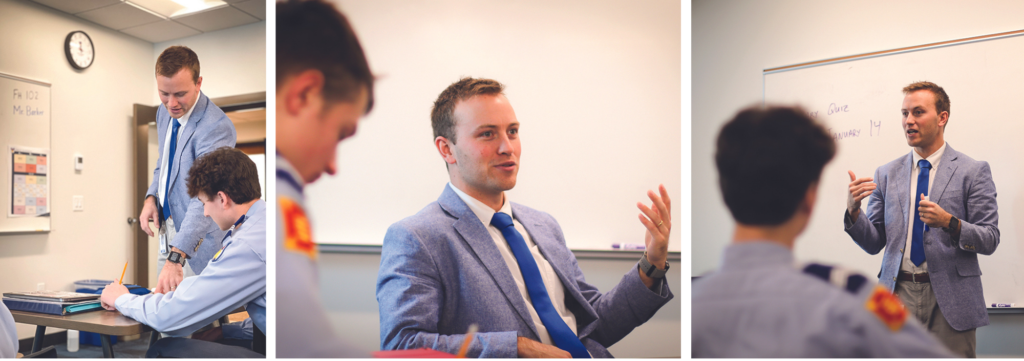“You have got to be kidding me.”
This was my first thought upon finishing Flannery O’Connor’s The Violent Bear It Away.
“This is Catholic? How? Why? Who is this O’Connor woman?”
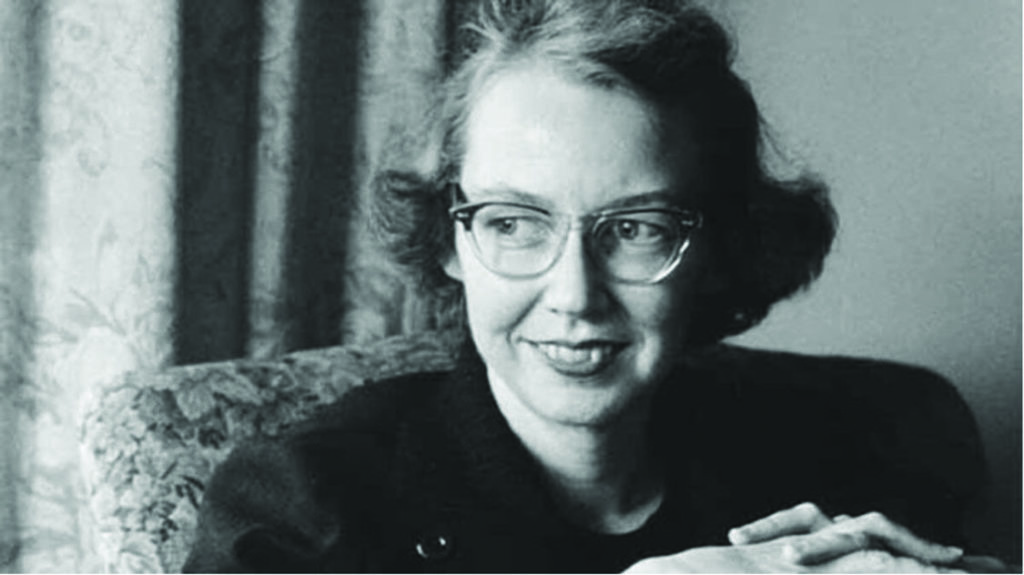
My sentiments bordered on bewilderment, maybe even anger, as I was sideswiped by this dark, violent story that left me hanging with depraved characters at its end and, what seemed, little else.
I chose to read this 20th-century Southern writer at the suggestion of a friend. After all, O’Connor’s name appears on many lists of Catholic writers to read, experience and get to know. But after this “experience,” I wasn’t so sure I wanted to know more. I told my friend I could hardly get through the corrupt characters, the murder and grotesque scandal. He smirked as he offered, “Yea, most people need a little help with her.” Luckily for me, he was able to help me back away from the state of frustration I had internally stirred up with not “getting” O’Connor’s work, and I tepidly approached her again with a different outlook. This time I would be ready for our fallen reality on painful display in the mirror she holds up for us.
In my second attempt with O'Connor, I read her short story "Revelation," which went a little better. I had been coached to read with a sense of detachment, looking underneath the surface ugliness of the unfolding situation while also looking inward and asking, "What can I learn? Where is God at work? What is the unseen story?"
The key was to be ready for an offering of grace. More often resonating through violent means, these flashpoints of divine salvation serve to shock into self-awareness both the unsuspecting protagonist of the story and the off-guard reader. "To the hard of hearing you shout, and for the almost blind you draw large and startling figures," O'Connor is famously quoted in explaining her seemingly unseemly conduits of grace. Well, I had heard her with this last reading: the pain and anger of a young teenage girl, and the pain and hypocrisy of an unsuspecting prideful older woman, and the grace literally slugging the woman in the face. Reading the episode felt awful, yet, strangely illuminating at the same time, like I had been through an overdue workout that had left me very sore and painfully aware of my need for more exercise.
While I moved on to other Catholic writers, O’Connor lingered in the back of my mind, haunting me a bit. I didn’t really know how I felt about her, but her writing certainly left an impression. Her piercing observations of our dire need for God’s mercy, our impulse to kick that reality aside, our ability to plow through life with a mediocre faith at best struck a chord.
It wasn’t until many years later, however, that I gave in to the tug of O’Connor’s works and life again. Two things had happened: I had heard her home, Andalusia Farm in Milledgeville, Georgia, was a great place to visit, complete with guided tour and caged peafowl, a favorite pastime obsession for Flannery; and I stumbled upon a documentary on her life and writings, part of Bishop Robert Barron’s “Pivotal Players” series. With interest surprisingly renewed, I not only wanted to try more of her short stories, I wanted to get to know her.
Newly empty nesters and longing for our first extended car trip by ourselves, my husband, Michael, and I decided on a two-week “pilgrimation” (a merged pilgrimage and vacation) to Georgia, the land of Flannery O’Connor, and began planning our trip.
We dug up my old copy of The Complete Stories, borrowed our son’s copy of Collected Works for her essays and letters, and poured over a map of the Southern U.S. We also added a new resource, the Flannery O’Connor Collection (Word on Fire). An anthology divided into eight chapters, each composed of one of her stories with two letters and one essay related to it, the collection became the perfect one-book companion for our trip.
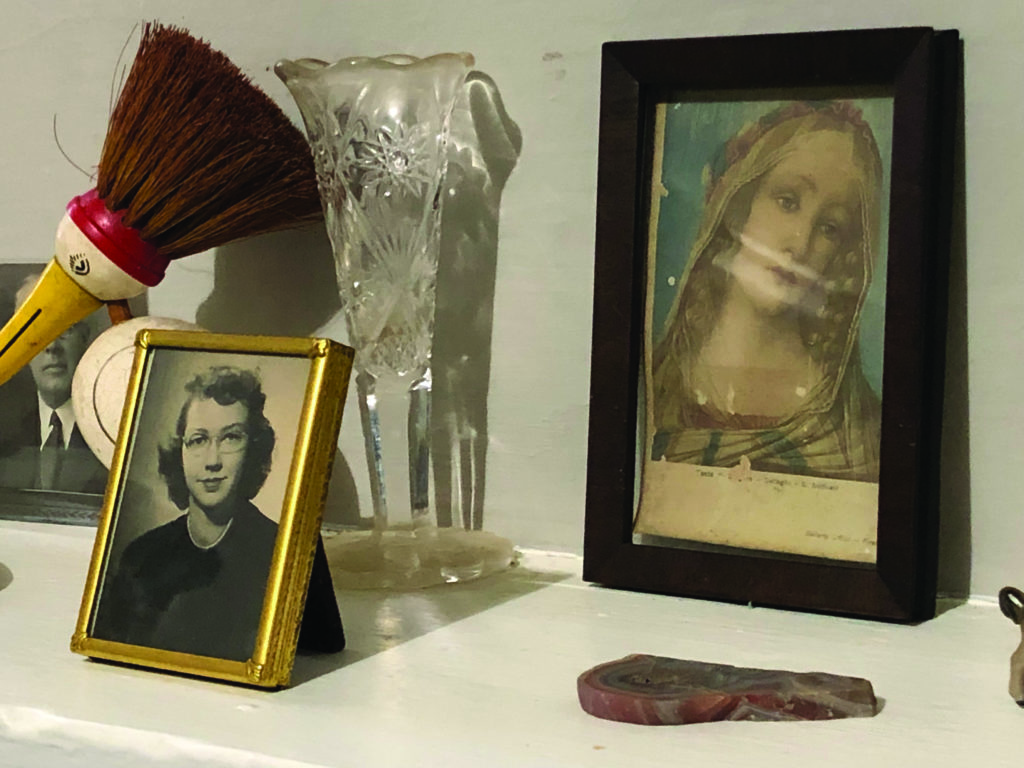
We agreed on the following necessities for our pilgrimation: a daily rosary, daily Mass, music and food unique to the area, and stories or other O’Connor writings preferably shared aloud. We also included time for family visits and for experiencing the natural beauty along the way.
We knew the trip was coming together nicely, but once en route, we were surprised at the joy, peace and rest that we were experiencing, all because of a trip inspired by Flannery O’Connor!
Not what I would have thought after first reading her. I think my reticence about O’Connor was really that I was a bit frightened by her. This shifted as I got to know her through her letter correspondences with close friends, her essays and talks to young writers, and the farm and town that fed her Gothic sensibility and imagination that she deftly put to work in presenting “the truth of things.”
“The truth does not change according to our ability to stomach it,” Flannery once explained.
It is true her characters can be very hard to tolerate, and it is true it can be equally hard to accept God’s offer of grace, mercy and healing, especially in the most dire and violent of circumstances. Flannery O’Connor challenges me to look for grace, and then further challenges me to accept it.
The Naughtons' Itinerary
Into the Heart of the Catholic South
Nashville, Tennessee
- St. Mary's of the Seven Sorrows to begin experiencing the Catholic South
- Robert's Western World to hear amazing bluegrass music
- The Johnny Cash Museum to hear the O'Connor character in his music
Milledgeville, Georgia
- Andalusia Farm to experience the home where O'Connor wrote most of her stories
- Sacred Heart Church to attend Mass where O'Connor and her mother were daily communicants
- Georgia State College to view some of O'Connor's archived works
- Memorial Hill Cemetery to visit O'Connor's gravesite alongside her mother and father
Savannah, Georgia
- O'Connor's childhood home in the Savannah Historic District to learn about her early years
- Cathedral of St. John the Baptist to visit the church that O'Connor attended as a child
- Tybee Beach to rest, stroll, bike, and watch the moon and sun rise
Hot Springs, North Carolina
- The Appalachian Trail to hike and enjoy spectacular views
Bardstown, Kentucky
- Gethsemane Monastery to pray with the monks of Thomas Merton's community
- Old Talbott Tavern and Maker's Mark Distillery to cap off a wonderful trip with a great meal and tour
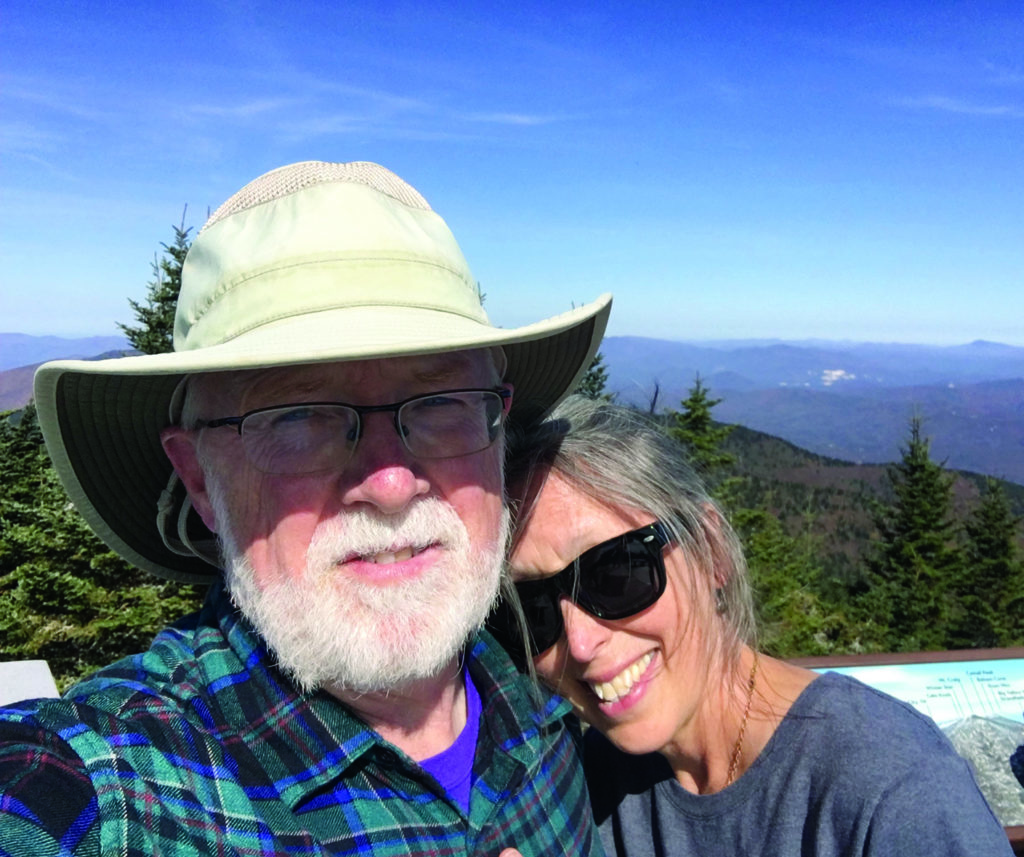
Collected Works of Flannery O'Connor:
The Complete Stories (Farrar, Straus and Giroux)
Collected Works (Library of America)
Flannery O'Connor Collection (Word on Fire Classics)
The Habit of Being: Letters of Flannery O'Connor (Farrar, Straus and Giroux)
Resources on Flannery O'Connor
"A Good Man is Hard to Find." Audio recording of Flannery O'Connor (YouTube)
"Flannery O'Connor" Pivotal Players Episode (Word on Fire)
"Flannery: The Storied Life of the Writer from Georgia" (American Masters Documentary)
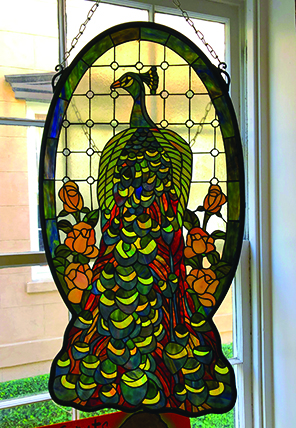
This story is featured in the spring 2022 issue of Lumen.

